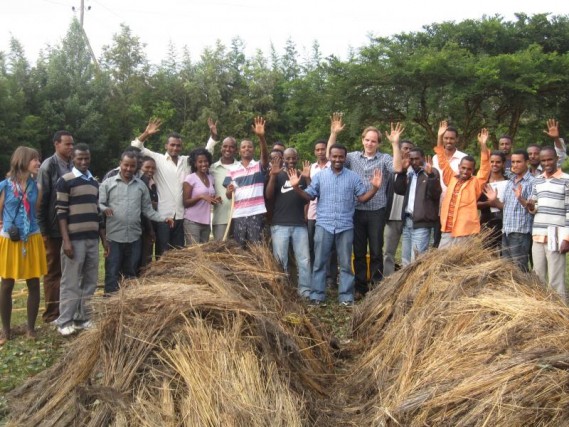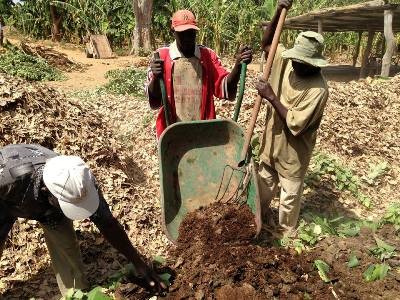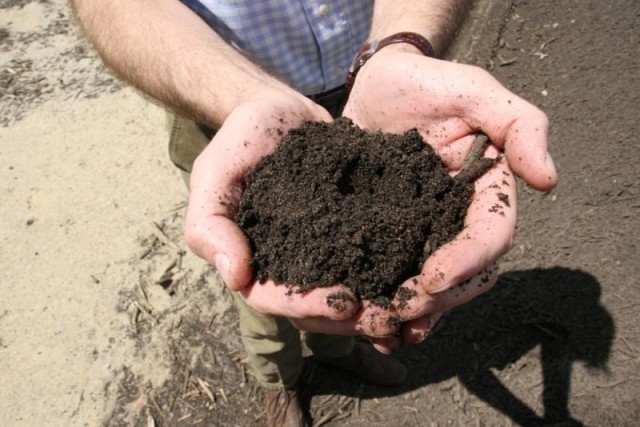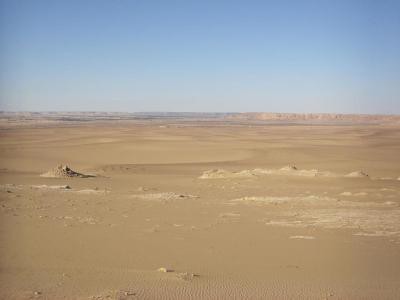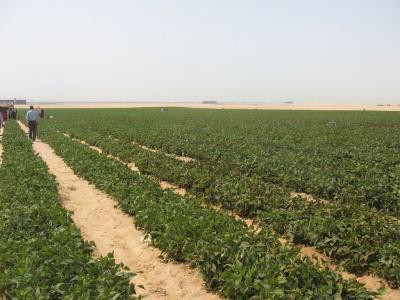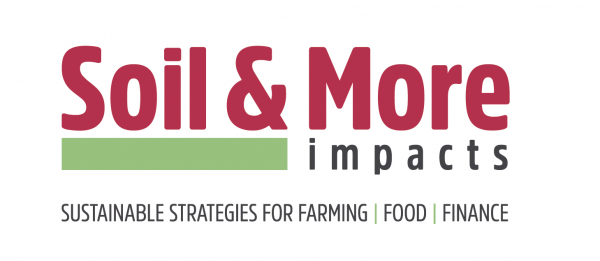Aart van den Bos: "At Soil & More, we are dedicated to sustainable development. Our core business is something we step on every day: soil. Planet earth offers us a number of natural resources, such as sun, oceans, water and living organisms. Among all these resources, soil is one of the most important - and most ignored. Our mission at Soil & More is to conserve and rebuild fertile soils worldwide. And we believe in compost as a means to do so.
Currently, humankind treats soil like dirt: tremendous areas of fertile soil are destroyed at an alarming rate. Soils are crucial for any form of life on this planet. Together with water and sunlight, they are the basis of all agricultural activity. The question of whether we will be able to produce enough food in the future is closely linked to the availability of fertile soil.
However, little is done to save our soils. Did you know that in Germany, for instance, an area of 125 soccer fields is lost every day due to intensive agricultural practices and soil degradation? Around the globe, this number amounts to 330 square kilometers daily. Nowadays, one fourth of the earth’s soils are highly degraded.



